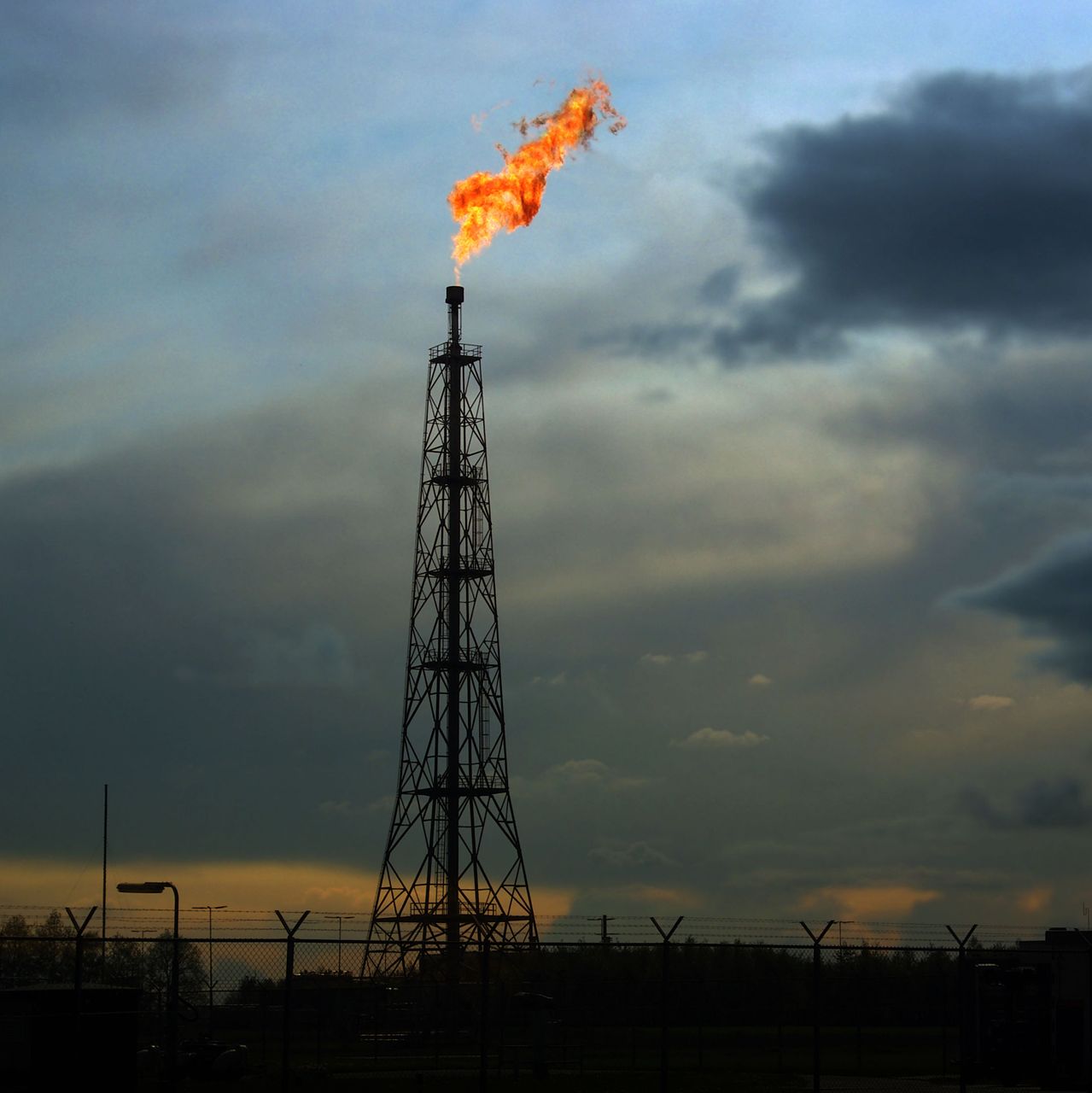THE DECADE OF GAS
On 29 March 2021, the Nigeria International Petroleum Summit (N.I.P.S) Pre-Summit Conference, marked the official launch of the “The Decade of Gas in Nigeria Initiative” in furtherance of the Federal Government initiative that declared January 1, 2021 to December 31, 2030 as “The Decade of Gas Development for Nigeria”.
At a time of rising global demand for cleaner energy sources this has been viewed as a bold statement that gas development and utilization should be a national priority to stimulate economic growth, further improve Nigeria’s energy mix, drive investments, and provide the much-needed jobs for Nigerian citizens and eliminating energy poverty, currently affecting about 40% of the population.
The commitment to developing the gas value chain by reviewing and gazetting policies and regulations to enhance operations in the sector had been commenced under the National Gas Policy (2017).
RECENT GAS DEVELOPMENTS
Developments have been made in recent years in gas infrastructure development.
The Nigerian National Petroleum Company Ltd is currently deepening natural gas utilization to reduce energy poverty through the National Gas Expansion Programme and intensifying the use of petrochemicals.
The NNPC has also upscaled efforts in the gas sector through various projects like the Nigerian Liquefied Natural Gas NLNG Train 7, Ajaokuta–Kaduna–Kano Natural Gas Pipeline (AKK), OB3 and ELPS among others. The (NLNG) project since delivering its 1st LNG cargo in October 1999 continues to be the Federal Government’s arrowhead in the reduction of gas flaring in Nigeria and contributes about one per cent to Nigerian GDP, having generated $114 billion in revenues over the years, $9 billion in taxes, $18 billion in dividends to the Federal Government and $15 billion in Feed gas Purchase.
The NNPC is also expanding and integrating both domestic and regional power grids and growing the domestic gas markets through Autogas/Compressed Natural Gas/Liquified Petroleum Gas to power vehicles.
On Wednesday, February 2, at the 2022 Nigeria International Energy Summit (NIES) held in Abuja, the Nigerian Midstream and Downstream Petroleum Regulatory Authority (NMDPRA) newly created under the Petroleum Industry Act (2021) revealed that Nigeria’s proven natural gas reserve had risen to 209.5 Trillion Cubic Feet (TCF) as of January 1, 2022. The new figure represents a major increase of 2.97 TCF in proven natural gas reserves, which, of itself, represented a 1.42 percentage increase from the 206.53 TCF recorded on January 1, 2021.
Such growth, together with the prospects for continued increase, come at the most auspicious moment, given the possibility of buying into the current European need for alternative sourcing of gas.
In January 2002, the idea of a Trans-Saharan Natural Gas Pipeline that was first mooted in the 1970s, came alive when the Nigerian National Petroleum Corporation (NNPC) and the Algerian national oil and gas company, Sonatrach, signed a Memorandum of Understanding for preparations of the project. Aimed at enabling Europe to tap into West Africa’s abundant natural gas supplies, the pipeline included the northernmost Nigerian neighbouring country of the Republic of the Niger for two excellent rationales. The pipeline was going to link through its borders to get from Nigeria to Algeria and it was expected to boost exploration in Niger and expand its energy industry. The 4,128-kilometre pipeline, with 1,037 kilometres in Nigeria, 841 kilometres in Niger, and 2,310 kilometres in Algeria, and a capacity of 30 billion cubic metres of natural gas per year, will connect the Warri region in southern Nigeria, through the length of Niger to the town of Hassi R’Mel in northern Algeria, where it will connect to existing Trans-Mediterranean, Maghreb-Europe, Medgaz, and Galsi Pipelines, allowing Europe to tap into West Africa’s abundant natural gas reserves and diversifying its supply.
RUSSIA-UKRAINE CONFLICT
Russia’s invasion of Ukraine has opened up opportunities for gas rich nations in Africa to tap from the multi-billion-dollar market.
Russia which accounted for about 45 per cent of the Europe’s gas imports and 40 per cent of its entire gas consumption is facing huge economic sanctions as Europe seeks to reduce dependence on their gas by 80 per cent by the end of 2022.
Nigeria has been described as a gas nation with 206.53 trillion cubic feet of proven gas deposit and hopes to use the energy source as its transition fuel.
The scramble for African gas has begun as Italy’s Prime Minister Mario Draghi on Monday, visited Algeria over diversifying gas supply mix. Italy depends on Russia for 40 per cent of gas imports.
Nigeria has Africa’s biggest proven gas reserves and ninth in the world, according to the United States Energy Information Administration.
The Chief Executive Officer of the Nigerian Upstream Petroleum Regulatory Commission (NUPRC) newly created under the Petroleum Industry Act (2021), Mr Gbenga Komolafe said, “The situation in Ukraine has actually presented a huge opportunity for Nigeria to occupy the market space in terms of the gas supply. I believe that is possible and as a regulator, we are doing everything possible to ensure that Nigeria is able to fulfil that obligation”.
